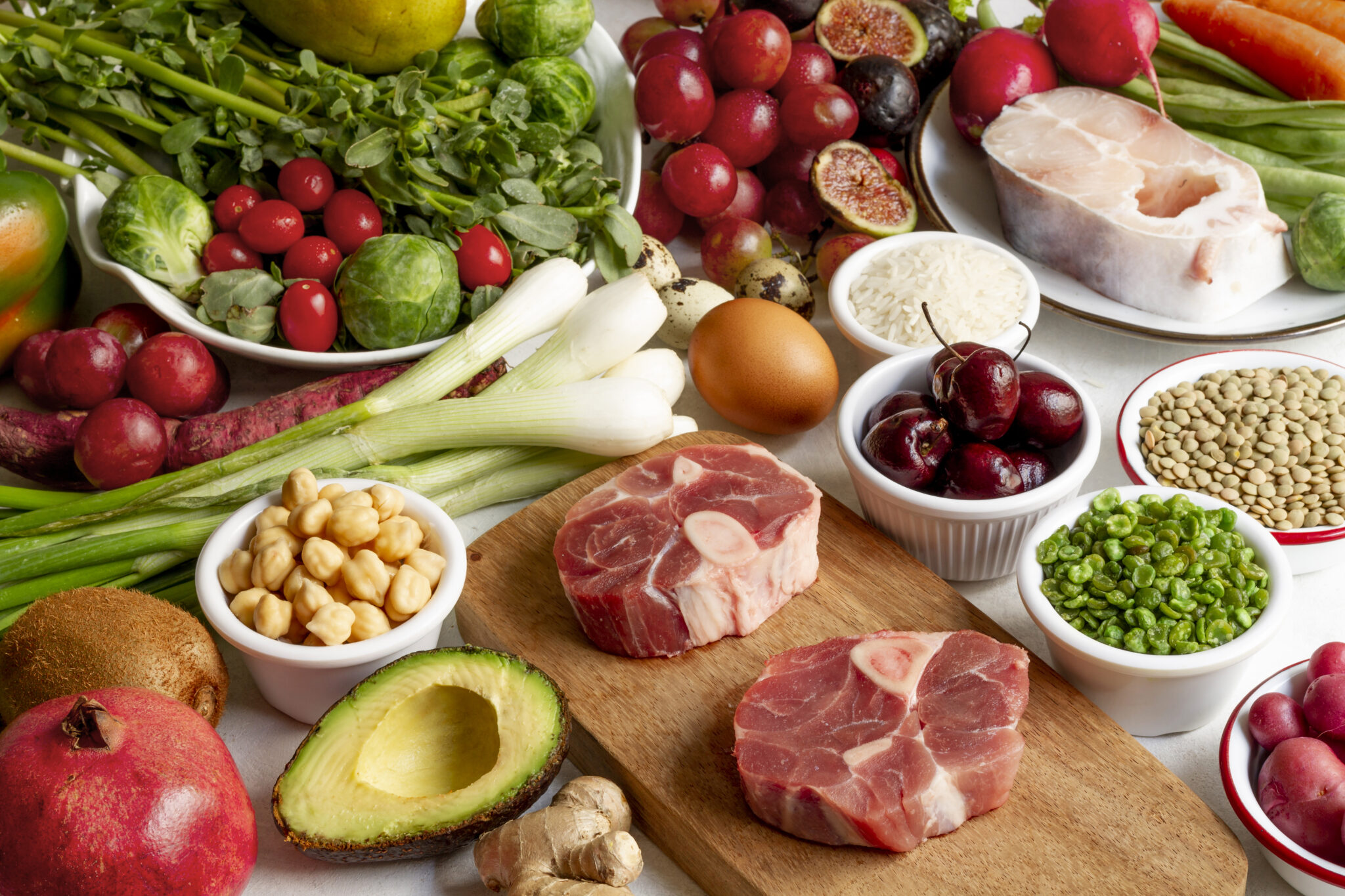When you start paying close attention to your hormones and looking for ways to keep your levels optimal, you’ll immediately start running across diet tips and recommendations. Your body is a complex system where every process affects others, and what you put into your body through your food intake has a major impact on your hormones. In the midst of the lists of hormone-balancing foods, you might start to see the words “whole food diet” get mentioned pretty frequently.
A whole food diet basically involves a person avoiding processed foods and eating things only in their most basic and natural form. Most whole food diets rely heavily on fresh fruits and vegetables, grains, legumes, and poultry and fish. When done properly, a whole food diet can have a lot of good effects on your body’s hormones, and it might be worth considering this lifestyle change if you’re looking for natural ways to balance your levels. Here’s how a whole food diet might help your hormone imbalance!
Encourages Protein Intake
One of the things that your body absolutely requires in order to maintain healthy hormone levels is enough protein, which is something that many Americans don’t get. Protein from your food provides your body with amino acids, vital building blocks that the human body needs but can’t make on its own. A whole food diet tends to be rich in protein because it encourages you to eat lean meats like chicken and fish, as well as high-protein legumes like lentils, beans, and chickpeas.
Includes Nutrient Dense Foods
Vitamins and minerals are also important things that you need to get in your diet in order for your hormone levels to be healthy, and a whole food diet, which is packed with fresh fruits, leafy greens, and non-starchy vegetables, is very high in these nutrients.
Promotes Healthy Weight
A healthy and sustainable weight plays a large part in how your body produces and uses hormones, especially hunger-related hormones like insulin and ghrelin. Your weight is far from the only factor playing into your hormone health, but it does have a large role. Achieving and maintaining a healthy weight is a challenge for many people, but a whole food diet can be a step in the right direction.
It’s important to note that any diet can become unhealthy and unsustainable if taken too far, including this one. However, a whole food diet that promotes nutrient-dense foods and avoids processed foods with high sugars and fats is often a good baseline for people trying to keep their weight under control.
Helps Your Gut Health
Eating in a way that keeps your gut microbiome happy and healthy is something that’s being talked about more and more these days, and if you’re making meals with your gut health in mind, your hormone levels will be happier for it. A whole food diet can be extremely beneficial to the millions of good bacteria that live in your digestive tract. It provides them with the fiber they need to flourish, and keeps your hormone production in check by extension.
You should always consult your doctor before making any major changes to your diet and lifestyle. However, incorporating more whole foods into your regular meals can be great not only for your hormone health, but for your overall wellness! If you’re interested in learning more about ways to balance your hormones naturally, make sure to keep reading our blog here at Renewed Vitality.





